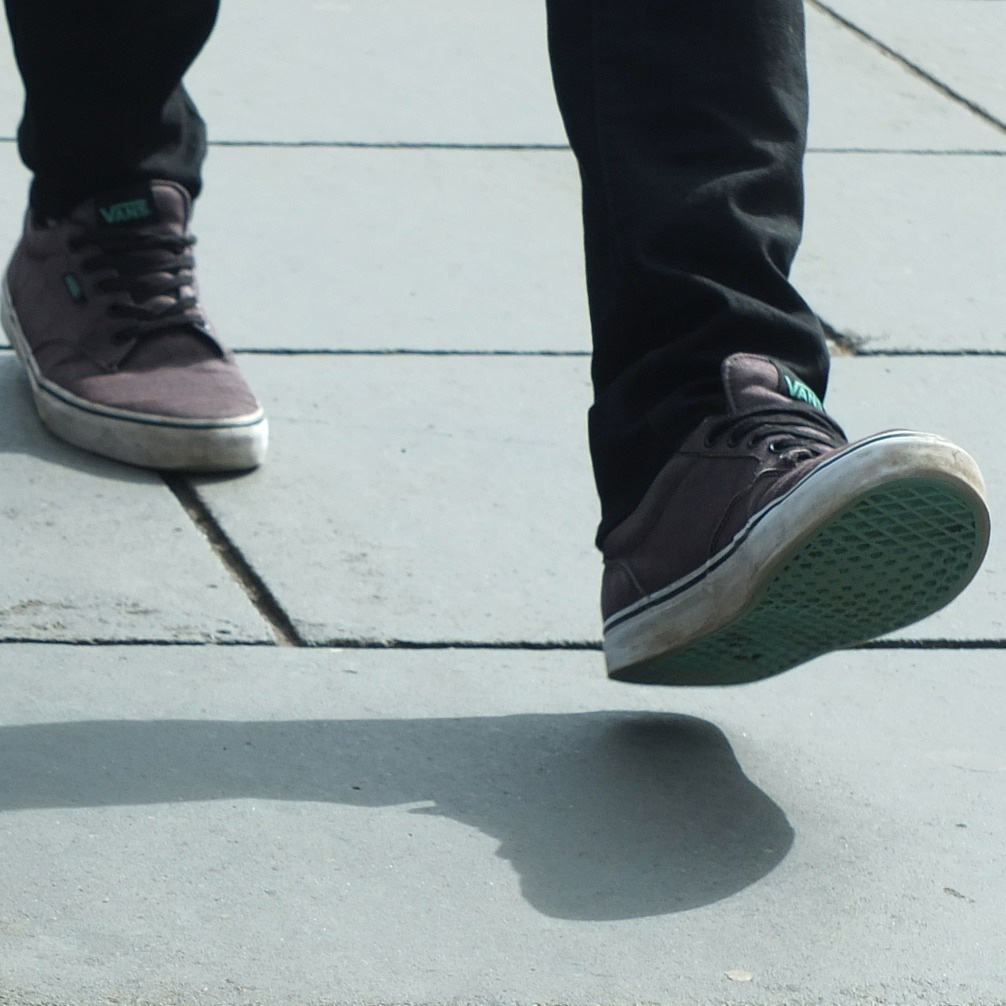Recently, Senator Mitch McConnell, 81, tripped and fell in the Washington, DC, Waldorf Astoria, putting falls back in the headlines. McConnell was left with a concussion and a broken rib, and he will need rehab before returning to work. It’s not the first time he has broken bones in a fall; he had a serious shoulder injury in 2019.
No matter how powerful we think we are, none of us are immune to falling.
There are several reasons why older people become more susceptible to it.
- Decline in physical function: As we age, many of us become less agile and less able to maintain balance. This decline can be due to decreased muscle strength, joint stiffness and reduced reaction time.
- Vision problems: Worsening eyesight affects our ability to see and avoid hazards, such as uneven surfaces and obstacles.
- Medication side effects: Taking multiple medications, some of which can cause dizziness or lightheadedness, increases the risk of falls.
- Chronic health conditions: Arthritis, diabetes, neurological disorders—and so much more—can impact balance and mobility.
- Cognitive impairment: If we can’t recognize or avoid hazards, we are at higher risk of falling.
I stick to sidewalks and paths when I’m out walking, which lulls me into being a little less mindful than I should be. I often don’t pick up my feet as I should, and I feel my heavier walking shoes catch on the ground.
As we age, it is important to take action to reduce our risk of falling. Staying active, getting regular vision and hearing checkups, reviewing medications with a health care provider, and modifying your home environment can help you reduce hazards. And for heaven’s sake, do as I say, not as I do: pick up your feet when you walk.

Pepper Evans works as an independent-living consultant, helping older adults age in place. She is the empty-nest mother of two adult daughters and has extensive personal and professional experience as a caregiver. She has worked as a researcher and editor for authors and filmmakers. She also puts her time and resources to use in the nonprofit sector and serves on the Board of Education in Lawrence Township, NJ.



